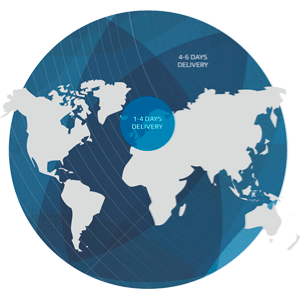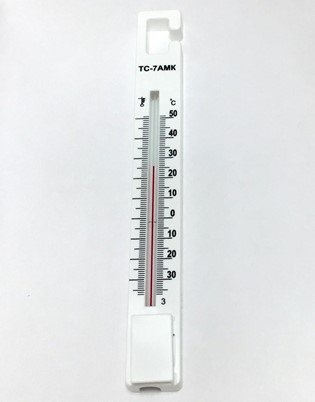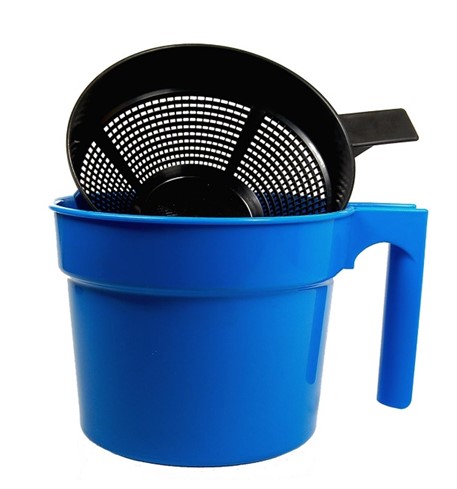Roskachestvo is working on the recognition of Russian organic certificates in the global market

The global market for organic products is huge (125-127 billion euros), but Russia’s share in it is still tiny, especially considering the size of the land bank in the country, Protasov noted. At the same time, despite the global increase in inflation and other factors, this market is growing by 6-9% per year: there are more retail chains that specialize in organic products, and their consumption is increasing. “The area of land certified for organic farming in the world last year amounted to 72 million hectares, and the rate of their expansion is lower than the growth rate of consumption of organic products,” he compared. — It is predicted that by 2030 the shortage of land for organic production will be 14 million hectares, which will lead to an increase in prices for such products. Either Russia will make up for the deficit and make money on it, if it is beneficial for our farmers.”
“From the point of view of demand for Russian organic products on the world market, plant raw materials are still relevant: grains and oilseeds, especially those that are used as animal feed. Many countries lack organic land for growing feed crops, and Russia could potentially fill this niche,” says the executive
Director of the Union of Organic Farming Sergei Korshunov, whose words are cited in the yearbook “World Food Security and International Trade in the Agro-Industrial Complex 2022/23”.
According to Protasov, since the certification of organic products in Russia began only two years ago, the figures are still small: for example, the certified area for collecting wild plants is only 800 thousand hectares. Now our country mainly supplies organic grain, feed crops, and wild plants to the world market , while there is potential for the supply of highly processed products. And if previously the main supplies went to the USA and the EU , now the main buyer is China , where the growth rate of organic consumption is twice the world average, said the head of Roskachestvo.
As living standards improve, the global trend towards the consumption of healthier, functional and organic food will gain momentum, believes Mikhail Magrilov, CEO of Trust Technologies - Consulting. “Those exporters who intend to operate in this segment will compete with international food giants. The issue of promoting innovative products in foreign markets and achieving the required export economy will be especially acute,” he believes ( quoted from the yearbook “World Food Security and International Agro-Industrial Trade 2022/23”).
Previously , the government approved the Strategy for the development of organic agricultural products in Russia until 2030, Agroinvestor wrote. Its main goals are to develop the domestic market for organic products, increase exports and introduce new agricultural technologies. The volume of organic production for the domestic market is expected to increase to 114.5 billion rubles by 2030. (in 2021 - 9.1 billion rubles), exports should reach 27.8 billion rubles. against 3.7 billion rubles. in 2021.
Meanwhile, the State Duma adopted in the first reading the bill “On Amendments to the Federal Law “On Plant Quarantine””. The document is intended to resolve the issue of quarantine phytosanitary disinfection of organic crop products. As follows from the explanatory note to the bill, in accordance with Russian legislation, when exporting crop products, they must undergo quarantine phytosanitary disinfection. However, the use of pesticides is not allowed when processing organic products. The current situation not only does not contribute to the development of the export potential of organic crop production, but also leads to stagnation of domestic production, the document notes. The bill will clarify the concept of “regulated products” and include organic products in it. This will make it possible to develop new methods and rules for its quarantine phytosanitary disinfection.



























































